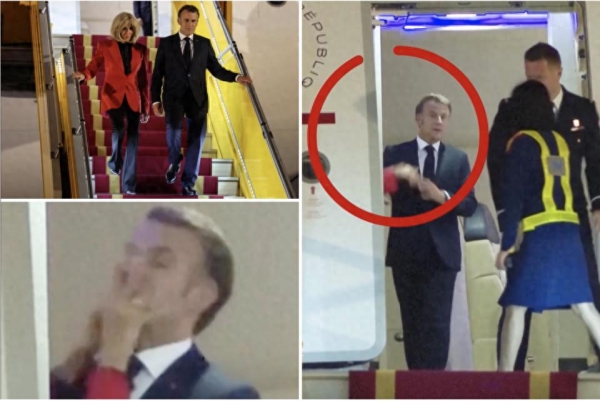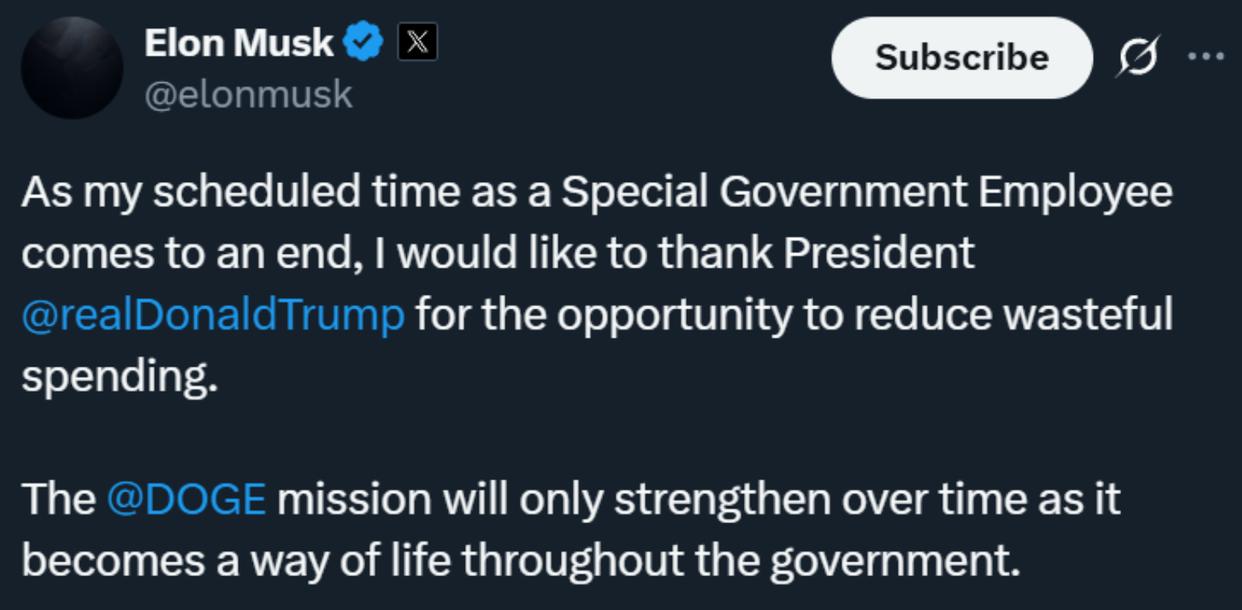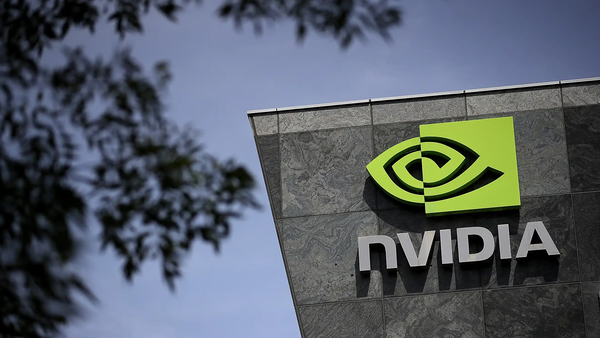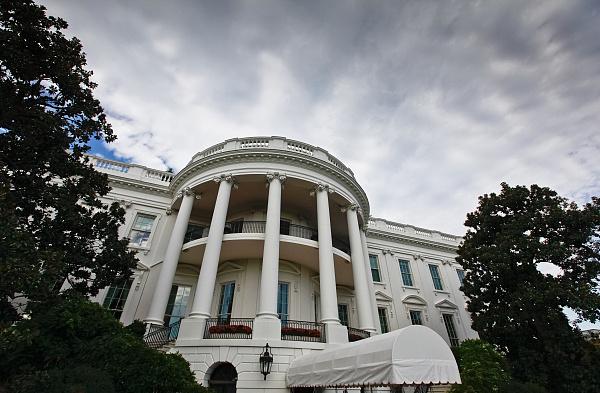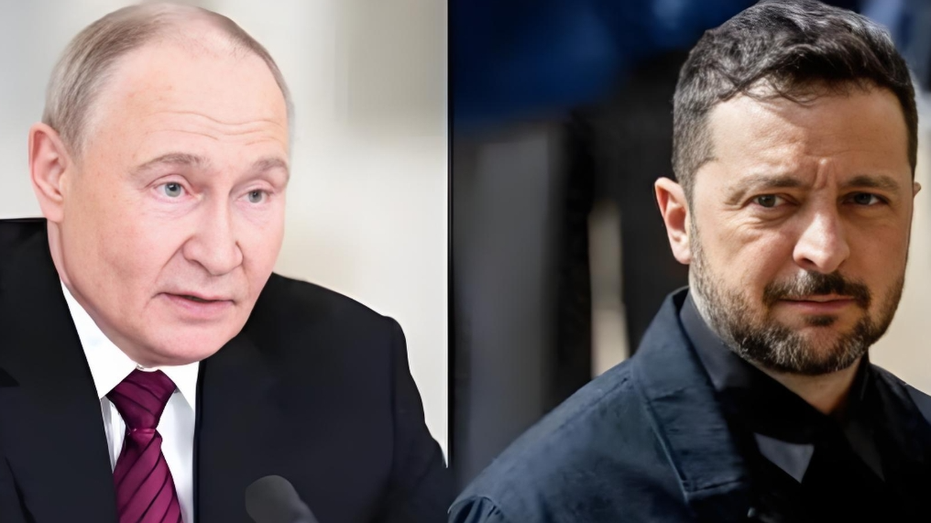
In the early morning of the 11th, Russian President Vladimir Putin proposed to restart direct negotiations between Russia and Ukraine in Istanbul, Turkey on the 15th. The Russian Foreign Ministry issued a statement on the 12th saying that the Russian and Turkish foreign ministers discussed the Russian-Ukrainian negotiations on the phone that day. Ukrainian President Zelensky said on the 12th that he was willing to have direct and substantive talks with Putin and was ready to go to Türkiye.
According to Russian political analysts, there are currently two main factors that affect the peace talks. First, whether Ukraine will cancel the decree signed by President Zelensky in October 2022 prohibiting negotiations with Russian President Putin; second, to what extent Ukraine has autonomy in the negotiation process and whether Ukraine can be independent of other countries.
Maximilian Hess, an analyst at the US Foreign Policy Research Institute, said on the 11th that Zelensky and Putin are unlikely to hold talks in Istanbul this week, because Zelensky’s statement that he would “wait” for Putin’s statement in Turkey was just a pretense, just to please the United States.
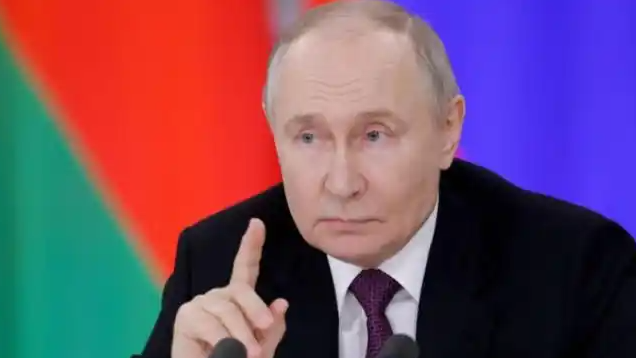
The following key information is available about the recent dynamics of direct meetings between the leaders of Russia and Ukraine:
Proposal and response to direct meetings
Russian President Vladimir Putin proposed on May 11 to restart direct negotiations between Russia and Ukraine, and suggested holding talks in Istanbul, Turkey on May 15, with the goal of resolving the root causes of the conflict through “serious talks”, but did not make it clear whether he would attend in person.
Ukrainian President Zelensky publicly responded on May 12, saying that he was ready to meet with Putin in Turkey on May 15 (Thursday), and emphasized that “I hope Russia will not make excuses.”
Differences and obstacles in the positions of both sides
Disagreement on ceasefire conditions: Many European countries and Ukraine proposed a 30-day comprehensive ceasefire from May 12 and threatened sanctions against Russia, but the Russian side demanded to discuss the root causes of the conflict before discussing the ceasefire.
Lack of historical mutual trust: Putin and Zelensky have not met since December 2019, and both sides have long shown a negative attitude towards each other. Ukraine once proposed the premise that the negotiations must involve a third party, but it was not adopted by the Russian side.
Possible breakthrough points
Turkey’s mediation role: Turkey has been a neutral location for Russia-Ukraine negotiations many times. This time, both sides expressed their acceptance of Turkey as the venue for the talks, indicating that it may play a key coordinating role.
International pressure and strategic adjustment: Europe and the United States have recently escalated their pressure on Russia, and Putin’s initiative to propose negotiations may be intended to ease external pressure or divide the Western camp.
In summary, whether the leaders of the two sides can meet still depends on three core factors: whether the ceasefire conditions can be agreed upon, the specific arrangements of the meeting agenda (such as whether to focus on the root causes of the conflict), and whether Putin finally confirms to attend in person. The current situation shows that despite historical grievances and differences in positions, both sides have shown a rare willingness to dialogue, providing the possibility of a potential breakthrough.
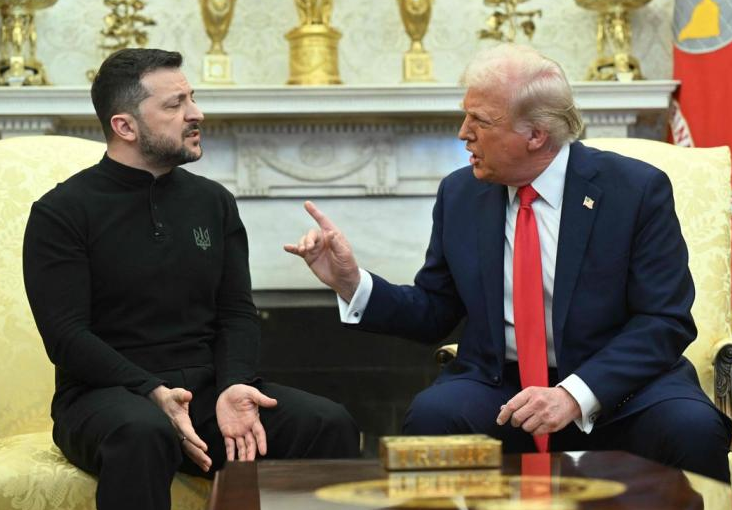
From the current perspective, it is very difficult to hold negotiations on the 15th. Because Ukraine will stick to its position and ask Russia to cease fire unconditionally before negotiating, and it has the support of major European powers. In addition, the demands of both sides are also very different. Russia mainly wants to resolve some of the issues in the 2022 negotiations, such as resolving the root causes of the conflict, including NATO’s cessation of aid to Ukraine and Ukraine’s inability to join NATO. In addition, Ukraine still wants to strive for Western aid and is not prepared to give up territory or join NATO. So in this case, Russia and Ukraine have very different preconditions for negotiations.



